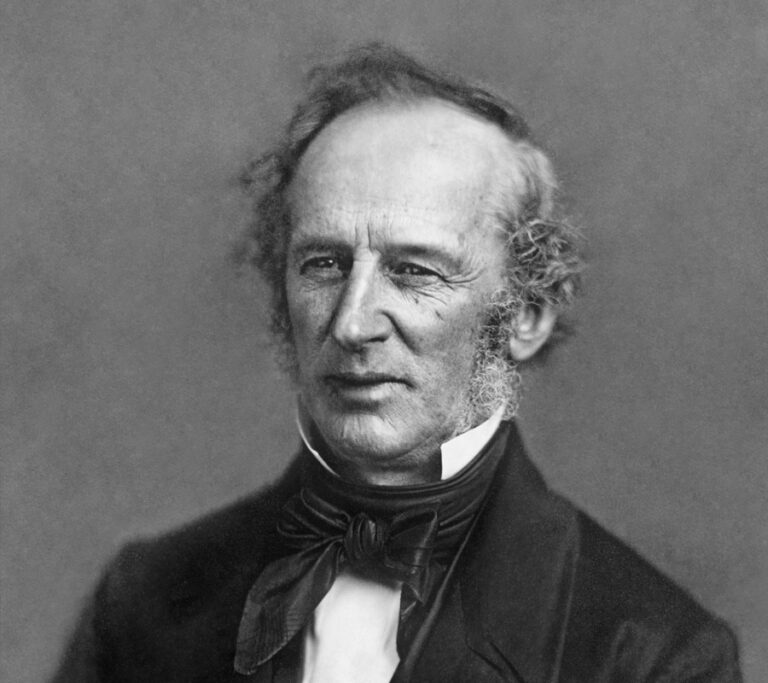Benjamin Franklin was many things, such as an inventor, diplomat, author, and one of America’s Founding Fathers. But he was also deeply practical about money. His writings on thrift, discipline, and legacy still resonate centuries later, offering lessons as valuable today as when he first penned them.
Lesson 1: Time Is Money
Franklin coined one of the most famous money phrases in history: “Time is money.”
For Franklin, every idle hour was an opportunity lost. For us, the same is true, whether it’s staying focused at work, investing early, or choosing to spend time on growth instead of distraction. The earlier we use our time wisely, the greater the payoff over a lifetime.
Takeaway: Guard your time like you would your wallet, because both directly impact your wealth.
Lesson 2: Small Leaks Sink Big Ships
In Poor Richard’s Almanack, Franklin warned: “Beware of little expenses; a small leak will sink a great ship.”
He knew that it wasn’t always the big-ticket items that sank people financially, but the daily drips of unnoticed spending. Today, that might look like unused subscriptions, impulse purchases, or lifestyle creep.
Takeaway: Track your money. Plug the leaks early so they don’t compound into bigger problems.
Lesson 3: Frugality Creates Freedom
Franklin wrote, “A penny saved is two pence clear.” In other words, saving has double the power of earning, since it doesn’t get taxed and doesn’t require extra labor. To Franklin, frugality wasn’t about being stingy, but rather about buying independence.
Takeaway: Living below your means is the surest path to long-term freedom.
Lesson 4: Leave a Legacy that Compounds
Franklin’s final act may have been his greatest money lesson. When he died in 1790, he left $1,000 each to Boston and Philadelphia with instructions that the money be invested and allowed to grow for 200 years. By the time they received their share in 1990, Philadelphia’s had grown to nearly $2 million, and Boston’s to $4.5 million, which helped in supporting scholarships and community projects.
Takeaway: Compounding doesn’t just build wealth for you — it can shape the lives of generations to come.
Benjamin Franklin understood something timeless: money is a tool. Used wisely, it provides freedom, strengthens habits, and builds a legacy. His life reminds us that the principles of good money management never go out of style.



